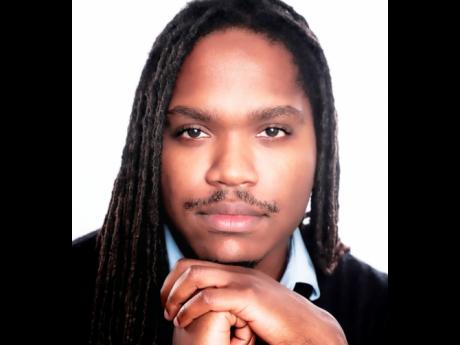Yohan S.R. Lee | Whose Jamaica is it?
Two years ago, I left Jamaica en route to Europe, a course of action that only became possible after earning an international scholarship to pursue a Master of Arts in journalism, media and globalisation. After a year of living in both Denmark and Germany and travelling to some 17 other countries around the world, several things became apparent, the main one being the disconnect between what life in Jamaica is like for some and what global onlookers assume to be true for all.
As expected, I have met many people, including those who speak very little English. As they learned of my origin, the routine was consistent, regardless of our limited communication. First, they expressed amazement in meeting someone from Jamaica. Then, they shared or questioned information on the quality of local marijuana. And, finally, they ended with an enquiry into why someone would leave a place like Jamaica, especially for so long, and when I would return.
While unpacking the latter could generate several discussions on race and immigration, at this point I am more interested in responding to the surface issue of why so many (young) people like myself leave a famed paradise like Jamaica.
I was compelled to write this piece after coming across two news items during my morning ritual of scrolling through the feeds of Jamaican news sources on social media: ‘NO PRIDE - MoBay mayor shuts door on gay-rights group to protect ‘sacredness’ of cultural centre’ and ‘Attorney shot dead in Ocho Rios’. Both articles share a grave truth about Jamaica. The nation-state is imploding as a result of a grass-roots retardation of social development, an enduring expulsion of the holders of its future, and a systemic refusal to recognise this and change.
STRONG RESISTANCE
The decision by the mayor of Montego Bay to censor a conversation that is not only topical on the world state, but also pertinent to a segment of the population, in the name of cultural sacredness, showcases the circular reasoning in the deep-rooted resistance against the LGBTQ+ community.
The bee in the bonnet of many who oppose any and all forms of space-making for their marginalised countryfolk is that the lifestyle is being forced upon them. Still, there is no willingness to entertain conversation, because allowing for any understanding of what is rejected is the same as promoting it, and thereby, forcing acceptance.
Second, it highlights the two-faced aggrandisement of the country’s alleged impetus to make Jamaica welcoming to LGBTQ+ tourists and their heavy pockets, all while ignoring local LGBTQ+ who are desirous of visibility and a feeling of belongingness. There is no doubt as to why North America and Europe are filled with the likes of many young Jamaican men and women who fled the island. More specifically, they have sought asylum in places where they often do not have family or cultural proximity. They are willing to become sexual refugees and subject themselves to degrading interrogations and, in some cases, harsh conditions in state-run facilities while they wait on a verdict.
Most important, they were forced to turn away from their home country because of unsolicited violence and harm, the rejection of family and generally unwelcoming culture.
Those are just sexual outcasts. There are also the annual cohorts of young people who are assisted with leaving because they recognise the closing walls. Universities of quality are present, but the degree doesn’t open the doors it should. Opportunities exist, but networks and crony circles are closed to some.
Now, as someone who has written testimonials for several who have had to plead their case to courts in relatively safer countries and now flourish, I often wonder: What if Jamaica stopped lying to itself? What if everyone, regardless of sexual orientation or economic status, had an equitable chance to realise their potential and safely be themselves? What if Jamaica actually cared about its future beyond dollars and euros?
Yohan S.R. Lee is an Erasmus Mundus Scholar. Email feedback to columns@gleanerjm.com and yohan.s.r.lee@gmail.com.

